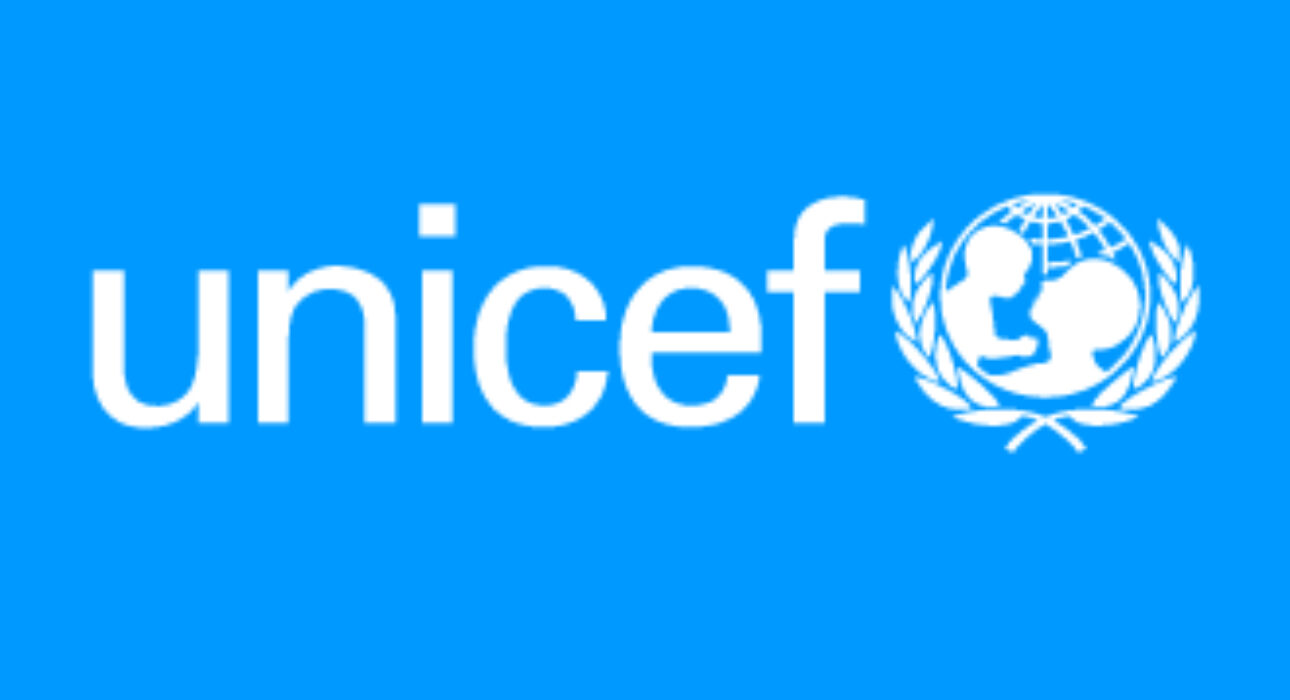UNICEF Commends Functionality of Oxygen Plant in Eleme, Rivers State

The United Nations Children’s Fund (UNICEF) has expressed deep satisfaction with the operation and impact of the medical oxygen plant at the Eleme General Hospital in Ebubu, Rivers State.
The commendation followed an inspection visit led by the Chief of UNICEF’s Port Harcourt Field Office, Mr. Anslem Audu, who described the facility as a life-saving intervention that has dramatically improved healthcare outcomes in the region.
The oxygen plant, commissioned in August 2024, is the product of a partnership between UNICEF, IHS Nigeria, the Canadian government, and the Rivers State Ministry of Health.
It was established under a broader strategy to close the oxygen supply gap in Nigeria’s healthcare system, especially after the COVID-19 pandemic exposed severe deficits in medical oxygen availability, particularly for pediatric and maternal health emergencies.
Speaking during the visit, Mr. Audu praised the functionality and reach of the plant, noting that it has not only served the Eleme General Hospital but has also been supplying oxygen to surrounding healthcare facilities, including private and public institutions. According to him, the plant’s efficiency has contributed significantly to reducing avoidable deaths caused by respiratory illnesses, obstetric complications, and surgical emergencies.
“This is a model intervention,” Audu said. “Many lives, especially those of children and newborns, have been saved through the availability of consistent and high-quality oxygen.”
The oxygen facility is equipped with a Pressure Swing Adsorption (PSA) system capable of producing approximately 720,000 litres of medical-grade oxygen daily.
This output translates to about 135 standard-sized oxygen cylinders per day—enough to supply multiple wards, operating theatres, and isolation units across the region.
Despite the success of the project, UNICEF officials called attention to some operational challenges, particularly the high cost of running the plant due to electricity supply issues. Mr. Audu urged the Rivers State government to consider investing in a sustainable power backup, possibly through solar energy, to reduce dependency on diesel generators and ensure uninterrupted production.
“Sustainability is crucial,” he stressed. “This is a facility that must not be allowed to fail.”
The Medical Director of Eleme General Hospital, Dr. Claribelle Leechi-Okere, echoed this concern, explaining that the rising cost of diesel has made daily operations increasingly expensive.
She also appealed for more logistical support, especially in the transportation of oxygen cylinders to more distant health facilities that rely on the Eleme plant as their sole source of medical oxygen.
The Eleme oxygen plant is part of a wider UNICEF-supported initiative to improve oxygen infrastructure in Nigeria. Similar plants have been deployed in other states, including solar-powered versions in Kano, Lagos, and Oyo, as part of a national strategy developed with the Federal Ministry of Health.
These plants are seen as critical to reducing Nigeria’s child mortality rate, particularly in the fight against pneumonia, one of the country’s leading killers of children under five.
UNICEF’s recognition of the Eleme plant’s success also highlights the effectiveness of public-private partnerships in strengthening Nigeria’s healthcare system. With international support and local government commitment, the project has demonstrated that targeted investments in health infrastructure can yield life-saving results.
As UNICEF and its partners continue to push for the replication of such models across Nigeria, stakeholders are urging the government to build on this momentum. With proper maintenance, staffing, and power supply, the Eleme oxygen plant is poised to remain a vital component of emergency and routine care in Rivers State for years to come.









